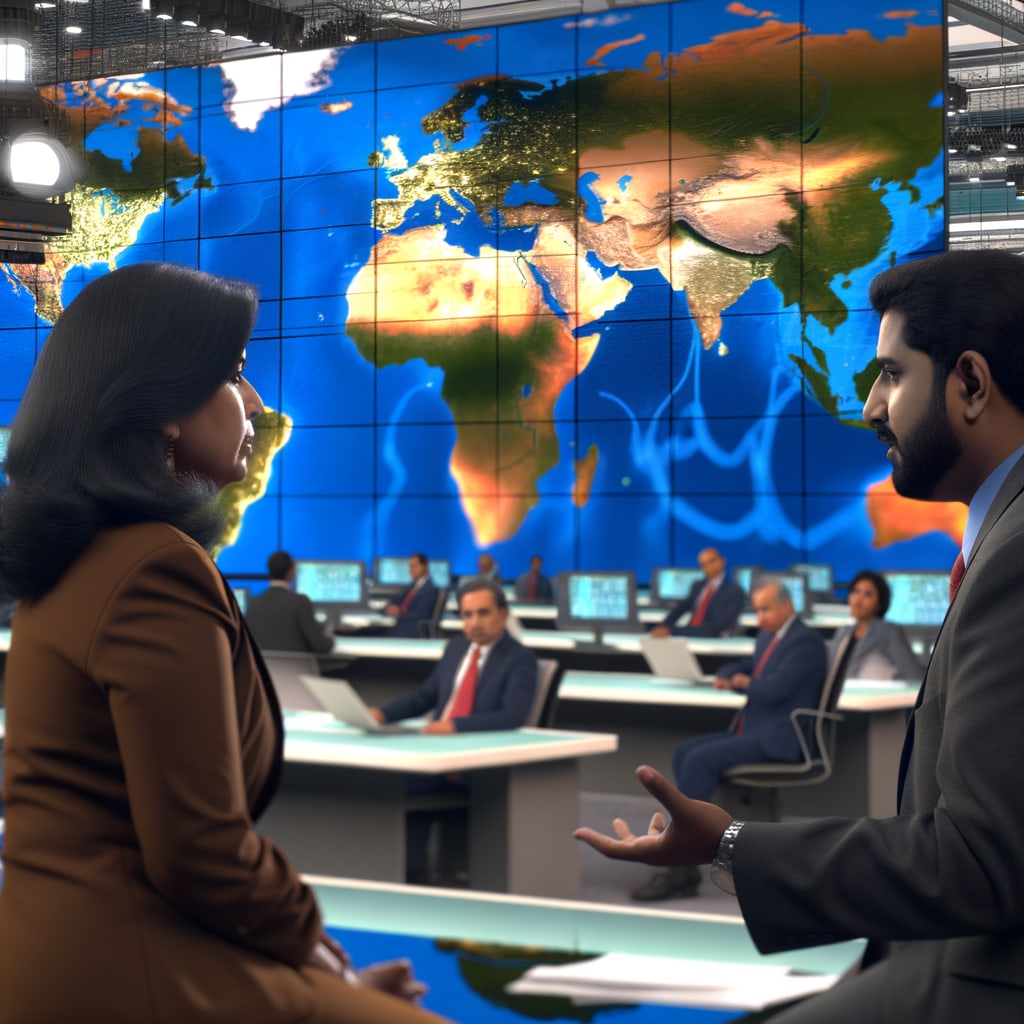Israel Strikes Iran's Nuclear Facilities, Global Reactions Ensue
In a significant escalation of hostilities in the Middle East, Israel has launched extensive air strikes on various Iranian nuclear facilities and military installations. The Israeli Defense Forces (IDF) confirmed the operations, stating that these were preemptive actions aimed at Iran's nuclear program. The attacks have provoked a range of reactions, from global condemnation to support, while increasing tensions in the region.
Background and Context
The strikes marked a drastic escalation of a simmering conflict, which saw Israel targeting dozens of sites related to Iran's nuclear development, including key nuclear facilities in Natanz and Esfahan. The attacks reportedly resulted in the killing of several senior Iranian commanders and nuclear scientists. In response, Iran launched multiple volleys of ballistic missiles at Israeli cities, including Tel Aviv, and hundreds of drone attacks.
Major Developments
The attack, dubbed Operation Rising Lion by Israel's Prime Minister Benjamin Netanyahu, was aimed at rolling back the Iranian threat to Israel's very survival
. Netanyahu confirmed that the operation was not limited to just military targets, but also included the assassination of Iran's leading nuclear scientists working on the Iranian bomb. Among those reported killed was Hossein Salami, the commander-in-chief of the Islamic Revolutionary Guard Corps (IRGC).
However, the attacks have been met with widespread global condemnation. Russia’s envoy to the United Nations, Vassily Nebenzia, condemned the strikes, calling them completely unprovoked
and warning that attacks on nuclear sites pose global risks. Iran, which denies having a military nuclear program, has accused the IAEA of failing to condemn the Israeli strikes and has threatened to roll back its cooperation with the watchdog.
International Reactions and Implications
In the wake of the strikes, the United States denied involvement but warned that it would protect American and Israeli forces from potential retaliation. Germany, on the other hand, condemned Iran's expected retaliation, not Israel’s action, a stance that drew strong criticism from Iran. China joined Iran at the UN Security Council meeting in condemning the strikes on nuclear facilities.
The conflict has also triggered critical responses from other nations. Pakistan's Defense Minister called on Muslim nations to unite against Israel, while a Croatian diplomat and his wife were injured during Iran's missile strikes on Tel Aviv.
Current Status
Amid the escalating situation, Iran has warned of retaliation in the near future
. The country is now reportedly preparing to decisively counter Israel's military operations, and intends to shut down the regime's war machine
. Meanwhile, the Israeli Prime Minister has said that the operation would last for many days
, indicating that the conflict is far from over.

